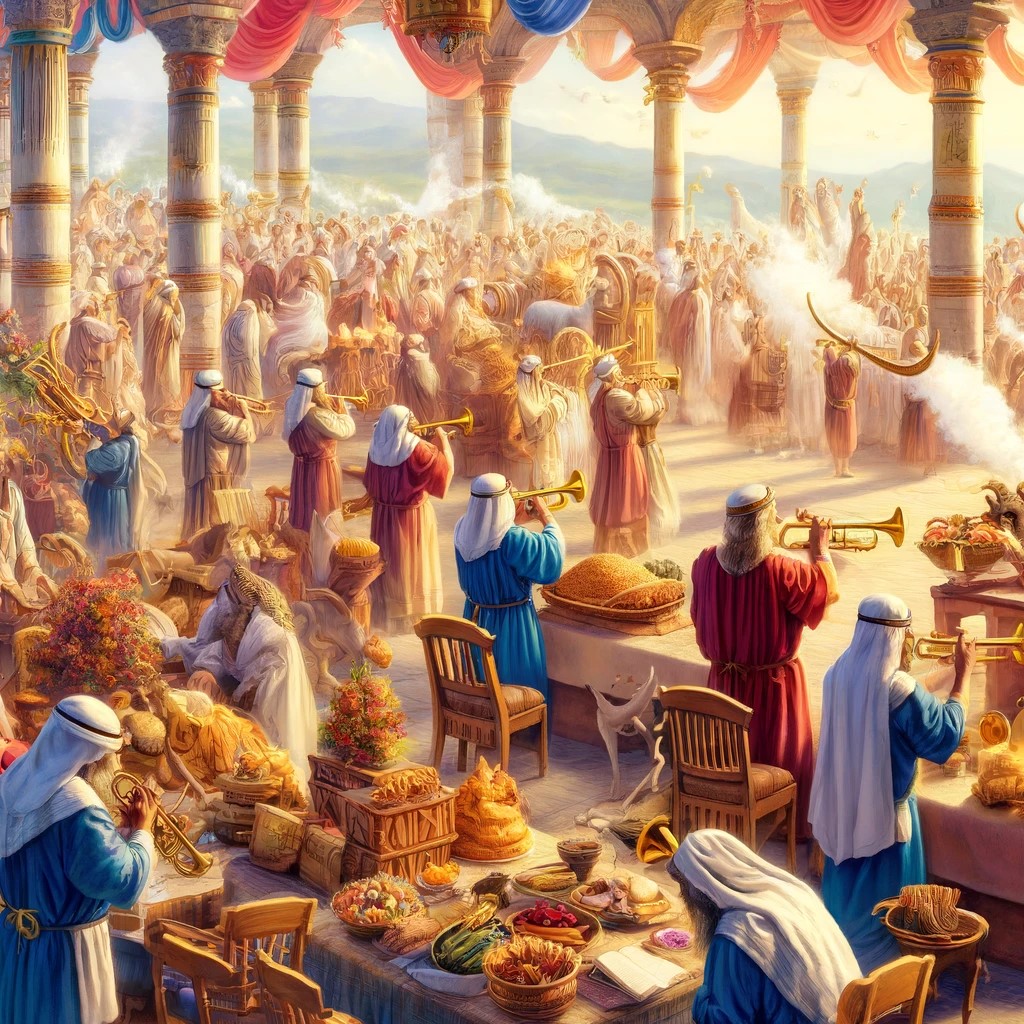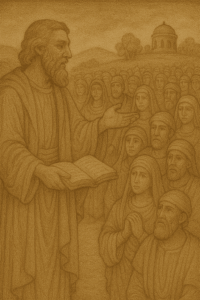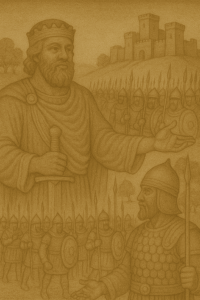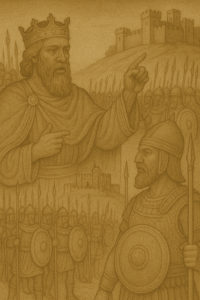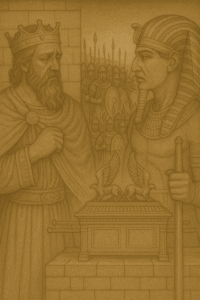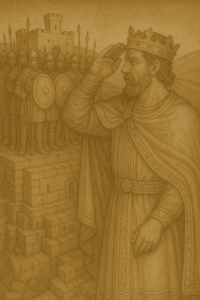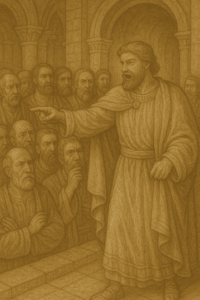Introduction.
Numbers 29 provides an extensive outline of the offerings required during various sacred feasts, including the Feast of Trumpets, the Day of Atonement, and the Feast of Tabernacles. This chapter not only emphasizes the importance of these offerings in ancient worship but also offers modern readers insights into the themes of repentance, renewal, and communal celebration. By examining the prescribed rituals, we can appreciate the depth of commitment and the spiritual significance these observances held for the Israelite community.
Feast of trumpets.
The feast of trumpets marks the beginning of the Jewish New Year and is characterized by the blowing of trumpets—a call to reflection and preparation for the Day of Atonement. Numbers 29 details the offerings made on this day, including burnt offerings, grain offerings, and sin offerings, which signify purification and readiness to enter a sacred time.
Day of atonement.
Perhaps the most solemn of the feasts, the Day of Atonement requires the most stringent observances. The offerings described in Numbers 29 for this day are meant to atone for the sins of the priests and the people, reflecting deep themes of repentance and forgiveness. This day emphasizes reconciliation with God and restoration within the community.
Feast of Tabernacles.
Concluding the cycle of fall holy days, the Feast of Tabernacles celebrates the Israelites’ dependence on God during their wilderness journey and God’s continuous provision. The offerings made during this week-long feast include sacrifices made in increasing numbers each day, symbolizing a period of joyous celebration and thanksgiving.
Lessons for today.
– Reflection and renewal: These feasts and their offerings remind us of the importance of periodic reflection, repentance, and renewal in our spiritual lives.
– Communal celebration: The communal aspect of these observances highlights the value of celebrating and reflecting together, reinforcing community bonds.
– Continuous devotion: The regularity and variety of these offerings underscore the ongoing nature of spiritual devotion and commitment to religious practices.
Conclusion.
Numbers 29 teaches us about the structure and significance of Israelite religious observances, offering modern believers perspectives on how ancient practices can inform contemporary spiritual disciplines. These feasts, rich with symbolism and intent, invite us to integrate similar principles of reflection, atonement, and celebration into our own religious and communal practices.
Reflection.
How can the principles outlined in Numbers 29 enhance your understanding and practice of spiritual disciplines? What role do reflection, atonement, and communal celebration play in your spiritual life?
